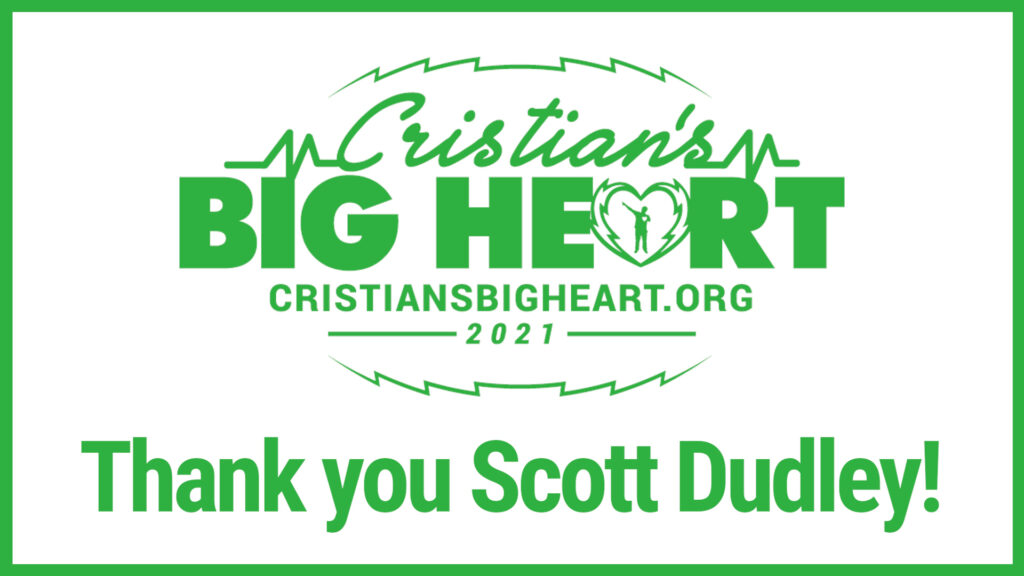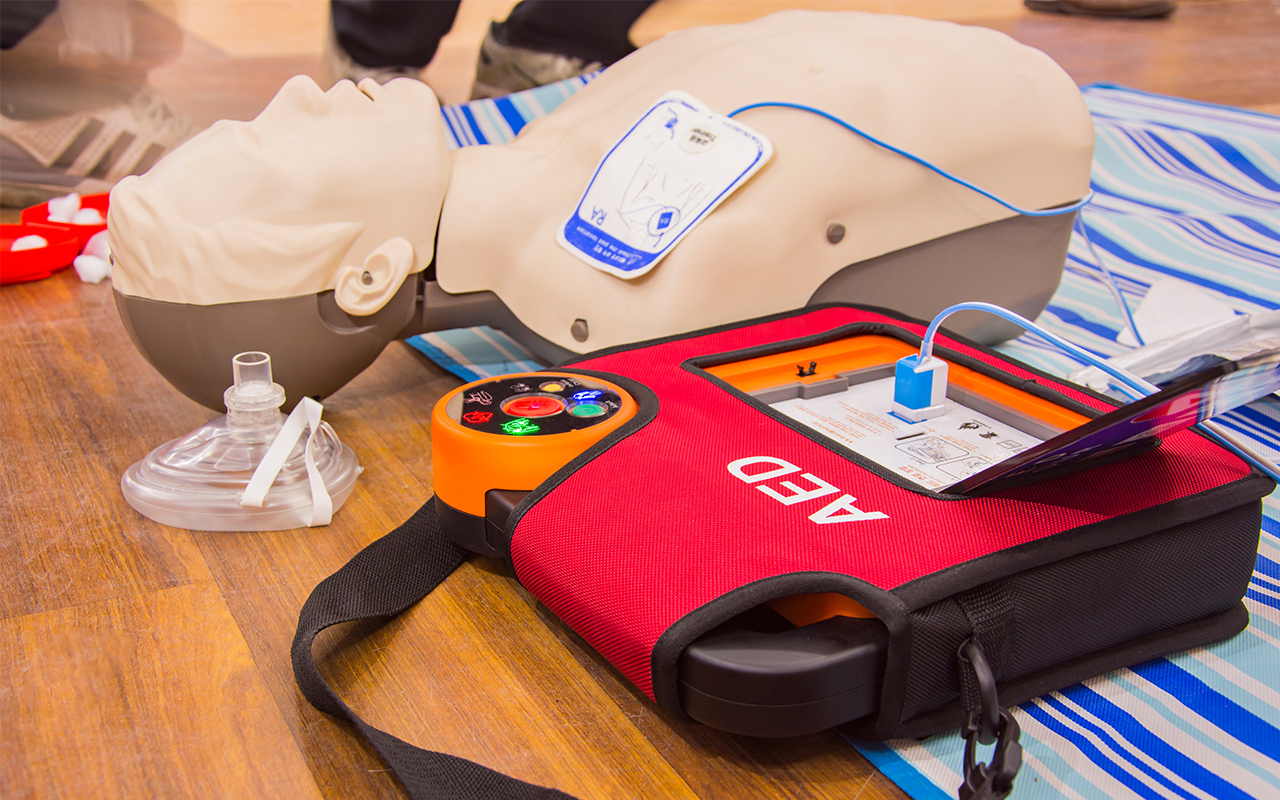What Every Parent Needs to Know
Understanding Sudden Cardiac Arrest in Teens: Prevention and Awareness for Parents
As a parent, the health and safety of your child is of utmost importance. Among the many health risks that young people face, sudden cardiac arrest (SCA) is one that requires particular attention. SCA is a leading cause of death among young people, claiming more lives than cancer, homicide, and suicide combined. Every year, over 2,000 children and adolescents succumb to SCA in the United States alone. In this article, we will discuss the symptoms, causes, and preventive measures of SCA, as well as the steps parents can take to ensure the well-being of their children.
Recognizing SCA Symptoms in Teens
Sudden cardiac arrest occurs when the heart unexpectedly stops beating, resulting in a lack of oxygen and blood flow to the brain and other vital organs. Symptoms of SCA can differ among individuals, but the most common signs include:
Chest pain
Shortness of breath
Dizziness
Fainting
If you suspect your teen is experiencing SCA, call 911 immediately. It is crucial to seek professional medical assistance rather than attempting to drive them to the hospital yourself.
Understanding the Causes of SCA in Teens and Prevention Strategies
SCA is primarily caused by an underlying heart condition, such as hypertrophic cardiomyopathy (HCM), which results in the thickening of the heart muscle and reduced blood flow. Other potential causes of SCA in teens include:
Coronary artery disease
Electrical abnormalities in the heart
Illegal drug use
While it is impossible to eliminate the risk of SCA entirely, certain measures can help reduce its likelihood:
Avoiding illegal drugs
Maintaining a healthy lifestyle
Recognizing the signs and symptoms of HCM and other heart conditions
Regular check-ups with a doctor and early diagnosis of any heart condition can significantly decrease the risk of SCA.
The Importance of Heart Screenings for Teens
Heart screenings are non-invasive tests that can detect early signs of SCA. They are instrumental in identifying potential issues before they develop into life-threatening conditions. Parents should prioritize regular heart screenings for their teens to ensure their health and safety.
Distinguishing Between a Heart Attack and SCA Symptoms
Although both heart attacks and SCA are life-threatening, they present different symptoms. A heart attack typically involves chest pain, shortness of breath, and nausea. In contrast, SCA is characterized by sudden collapse and unconsciousness due to the heart stopping completely.
If your teen exhibits symptoms of either a heart attack or SCA, call 911 right away. Quick action can save their life.
AEDs and CPR: Essential Tools in Responding to SCA
Automated External Defibrillators (AEDs) are portable devices used to deliver an electric shock to the heart, restoring its normal rhythm during SCA. AEDs can be found in various public locations, including schools and sports facilities. Additionally, parents should learn CPR to help maintain blood flow and oxygen circulation until professional help arrives. Early intervention with AEDs and CPR can significantly improve survival rates.
SCA Treatment and Long-Term Health Effects
Immediate treatment for SCA includes CPR and the use of an AED. Once emergency responders arrive, the teen will be transported to a hospital for further evaluation and care. Potential long-term health effects of SCA include:
Brain damage
Heart damage
Fatigue
Coordination and balance issues
Memory problems
Some of these effects may be permanent, emphasizing the importance of prevention and early intervention. For more information on teens and sudden cardiac arrest read our article on what every parent needs to know: https://www.cristiansbigheart.org/sudden-cardiac-arrest-in-teens-what-every-parent-needs-to-know/

CRISTIAN'S BIG HEART 2020 RECAP
We are absolutely overwhelmed by all your support for Cristian’s Big Heart 2020 Virtual 5k....

THANK YOU TO OUR 2021 TITLE SPONSOR
Special thanks to Scott Dudley Stirling Financial and their awesome team on becoming this years title sponsor.

What Is an AED? the role of defibrillation during sudden cardiac arrest
For those who work in the medical field or maybe a witness to an individual experiencing sudden cardiac arrest...
